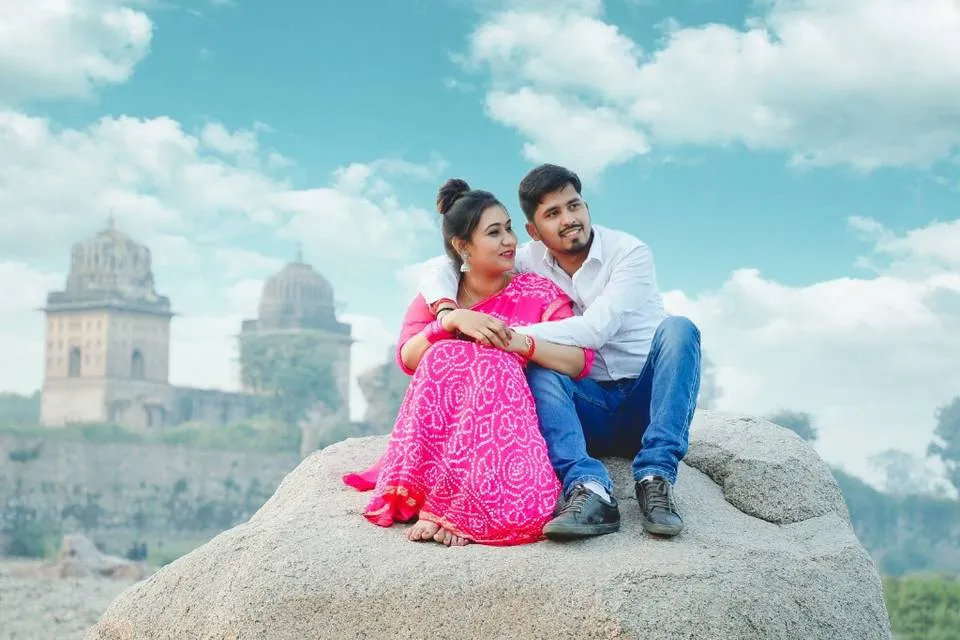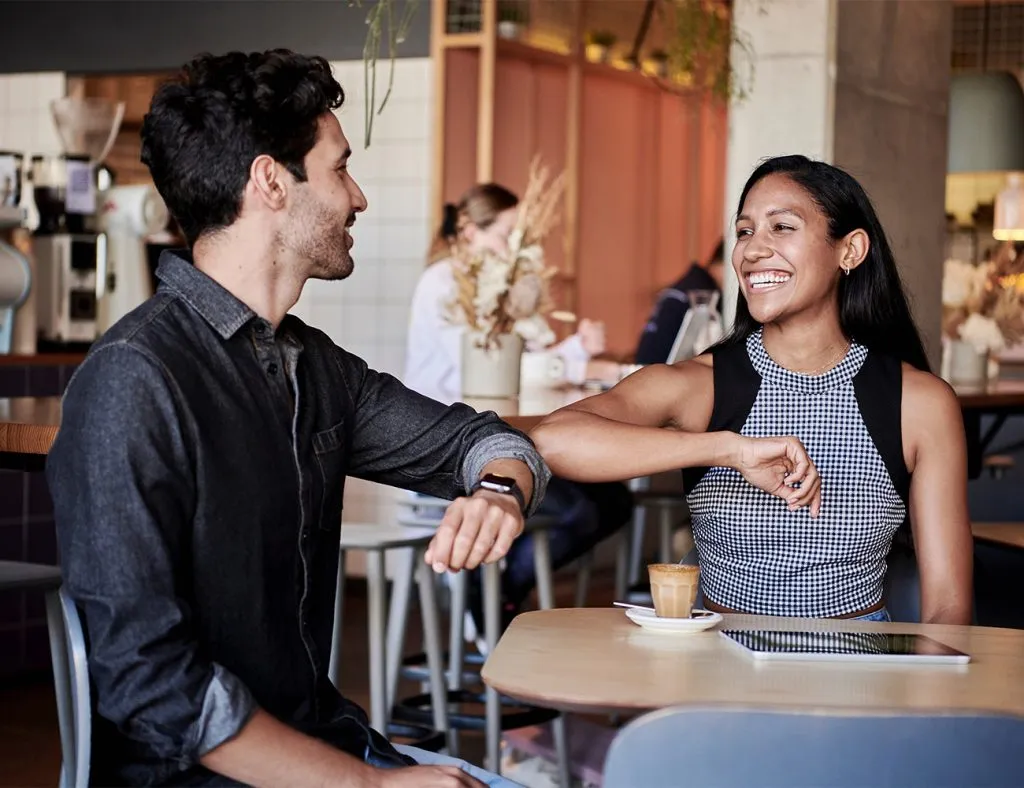The New Normal of Non-Traditional Relationships: Exploring Polyamory and Beyond
Dating and relationships have always evolved with time. What felt "normal" a few decades ago doesn’t always reflect how people connect today. For Gen Z especially, the idea of love, commitment, and partnership is expanding beyond the traditional ideas of one person, one relationship, forever. Non-traditional relationships like polyamory, open relationships, and other forms of consensual non-monogamy are becoming more visible and accepted.
But why is this shift happening? Why are more people questioning traditional models of love and choosing alternative ways to connect?
One reason is that Gen Z grew up in a world of choice. From entertainment to education to career paths, there’s always been a sense that you can create a life that fits you personally, rather than following one strict path. That same thinking is now influencing how people approach relationships too.
Another factor is the emphasis on authenticity. Gen Z values honesty, communication, and emotional connection over just appearances or ticking boxes. Many people are realizing that traditional relationships sometimes don't fit the way they feel about love, attraction, or commitment. Instead of forcing themselves into a model that doesn't feel right, they are creating their own rules for love.
Polyamory, for example, is based on the idea that you can love multiple people at the same time with the full knowledge and consent of everyone involved. It’s not just about casual hookups. It's about building deep, meaningful connections with more than one partner. Some people in polyamorous relationships might have two or more partners they are equally committed to. Others might have one main partner but still build emotional or romantic connections with others.
Open relationships are slightly different. They often involve a primary committed relationship where both partners agree they can date or connect with others in a romantic or sexual way outside the relationship. Again, it’s based on clear communication, consent, and boundaries.
There’s also relationship anarchy, where people reject all traditional rules and structures around relationships altogether. They might not label their connections as "friend," "partner," or "lover" in strict ways but instead allow each connection to grow naturally without expectations.
What’s important to understand is that these non-traditional models aren't about chaos or carelessness. In fact, they often require more communication, honesty, emotional maturity, and self-awareness than traditional relationships. There’s a strong focus on setting boundaries, checking in regularly, handling jealousy in a healthy way, and respecting everyone’s needs.
If you’re curious about these new forms of relationships or considering them for yourself, there are a few important things to keep in mind.
First, it’s not about being trendy. Non-traditional relationships are not a fashion statement or a way to seem “cool.” They are deeply personal choices about how you want to connect with others. It's okay if it's not for you. It's also okay if you feel drawn to it. What matters is that you’re honest with yourself about your needs and that you communicate them openly with your partners.
Second, consent and communication are absolutely everything. Everyone involved must be on the same page, and there must be open conversations about boundaries, expectations, and feelings. Without this, non-traditional setups can lead to confusion, hurt, and mistrust.
Third, jealousy is normal. Choosing a non-traditional relationship model doesn’t magically erase jealousy. Instead, it encourages dealing with it head-on. People in open or polyamorous relationships often work on managing their insecurities, building trust, and reassuring each other in ways that can actually make relationships stronger.
Fourth, non-traditional doesn’t mean less serious. Some people assume that if you’re not in a monogamous relationship, you must not be serious about love or commitment. This is far from true. Many people in non-traditional setups are deeply committed to their partners and take their emotional responsibilities very seriously. The difference is that they choose commitment based on trust and freedom rather than expectation or social pressure.
Fifth, you will face misunderstandings. Society is still catching up, and not everyone will understand your choices. Friends, family, or even potential partners may question or judge non-traditional setups. It’s important to know your reasons, stay confident in your choices, and surround yourself with supportive people who respect your journey.
Dating apps like Zupid are beginning to recognize these shifts too. Traditional dating platforms often focused only on monogamy, but today’s users are looking for more open, flexible ways to express their preferences. Zupid encourages authenticity by letting users highlight their real interests, values, and lifestyle choices. As new features are added, there’s potential for even more ways to show who you are and what kind of relationship you're looking for, whether that's traditional, open, polyamorous, or undefined.
If you’re exploring non-traditional relationships, here are a few simple tips to keep yourself grounded.
First, be brutally honest with yourself about your needs. It's easy to be attracted to the idea of freedom, but real emotional work is required too. Are you comfortable with the idea of your partner connecting with someone else? Are you open to regular, honest conversations about feelings and boundaries?
Second, focus on emotional intelligence. Being able to recognize and manage your emotions, as well as empathize with your partners’ emotions, is key to making any relationship, traditional or not, work well.
Third, always prioritize respect and kindness. Whether you’re dating one person or many, every person involved deserves to feel valued, heard, and respected. No one should ever feel disposable or secondary unless they have fully consented to that dynamic.
Fourth, be open to learning. You might make mistakes along the way. That’s normal. What matters is your willingness to learn, apologize when needed, and keep growing together.
Finally, remember that love should make you feel more yourself, not less. Whether you choose a monogamous relationship, an open relationship, a polyamorous setup, or something completely your own, the goal is always the same: connection, growth, joy, and authenticity.
Gen Z is showing the world that love doesn’t have to fit in one box. That it can be creative, expansive, and built on freedom and choice. As dating continues to evolve, platforms like Zupid are excited to support you in finding connections that match your real self, no matter what form your love story takes.
The future of relationships is not about fitting into someone else's definition. It’s about creating your own. And honestly, that's a beautiful thing.







